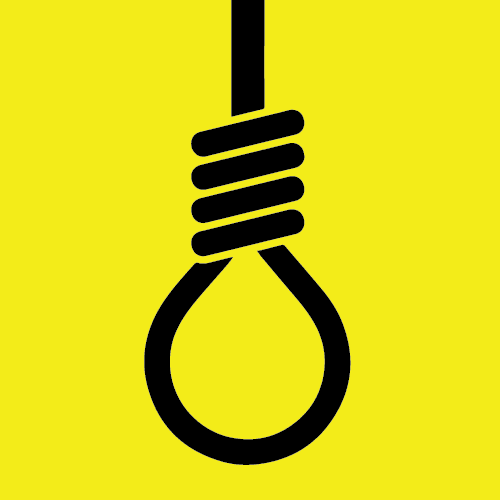PRESS RELEASE
13 March 2017
Amnesty International Malaysia has learned this evening that the executions of Rames and Suthar Batumalai, originally scheduled for 23 February 2017 and halted at the 11th hour, is now to be carried out on Friday.
The family of Rames and Suthar Batumalai were today handed a letter notifying them of the imminent execution and asking them to visit the two at Kajang Prison for the last time tomorrow.
“This is a surprising move considering there is a clemency application pending a decision by the Negri Sembilan Pardons Board. Rames and Suthar must not be executed while there is an appeal pending,” Shamini Darshni Kaliemuthu, Amnesty International Malaysia’s Executive Director said in a statement.
Rames and Suthar were mandatorily sentenced to death in April 2010 under Section 302 of the Penal Code after they were found guilty of murdering Krishnan Raman committed on 4 February 2006. The brothers have maintained their innocence.
“The clemency application submitted by their lawyer includes a statutory declaration from the wife of the deceased, appealing to the Pardons Board for the brothers not be executed and instead be allowed to serve a life sentence. If the victim’s family has moved to intercept the execution, the Pardons Board should consider this and allow for every avenue to be exhausted before the State even considers taking a life,” Shamini said, adding that the death penalty could never be justified as a method of punishment.
Amnesty International believes that the brothers were convicted on the basis of circumstantial evidence alone. During the trial, Rames and Suthar claimed that they had intervened to stop two other men from attacking and killing the deceased, claims which were disregarded by the High Court. The Court also failed to call a key witness, the deceased’s wife, to testify. Her testimony could have corroborated the brothers’ version of the facts and the involvement of the two other men in the murder.
“Amnesty International Malaysia does not downplay the gravity of crimes committed, but we urge the authorities to consider introducing more effective crime prevention measures that respects human rights instead of continuously using one that has no merit. The death penalty is an archaic punishment which is cruel and inhumane. It has no place in a world that believes in human rights and the dignity of mankind,” Shamini said.
The impending executions of Rames and Suthar also brings into the question whether the Malaysian government was serious about past announcements to introduce reforms to the death penalty.
“Malaysia has in the past said it was studying whether to abolish the mandatory death penalty for drug trafficking or for all crimes, which would include murder. While Malaysia deliberates, a moratorium on executions should be immediately and urgently established,” Shamini said, adding that abolishing the death penalty as a whole would bring the country in line with global abolition trends while improving its dismal human rights record.


